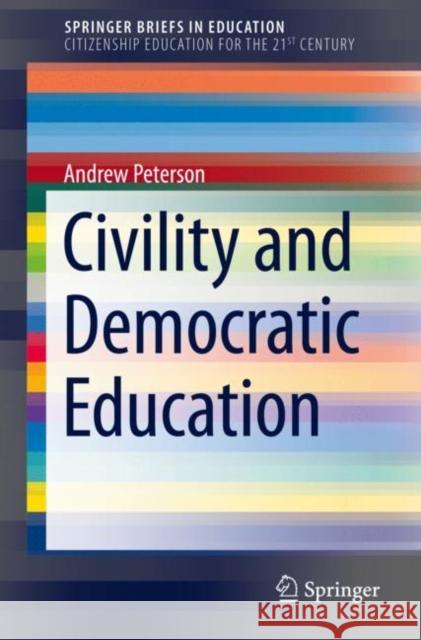Civility and Democratic Education » książka
topmenu
Civility and Democratic Education
ISBN-13: 9789811510137 / Angielski / Miękka / 2019 / 73 str.
Kategorie:
Kategorie BISAC:
Wydawca:
Springer
Język:
Angielski
ISBN-13:
9789811510137
Rok wydania:
2019
Wydanie:
2019
Ilość stron:
73
Waga:
0.13 kg
Wymiary:
23.39 x 15.6 x 0.43
Oprawa:
Miękka
Wolumenów:
01
Dodatkowe informacje:
Wydanie ilustrowane











